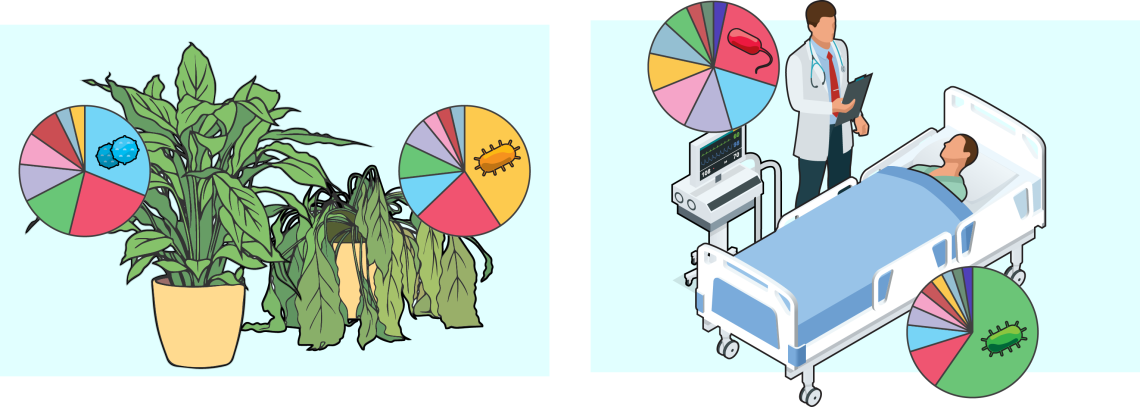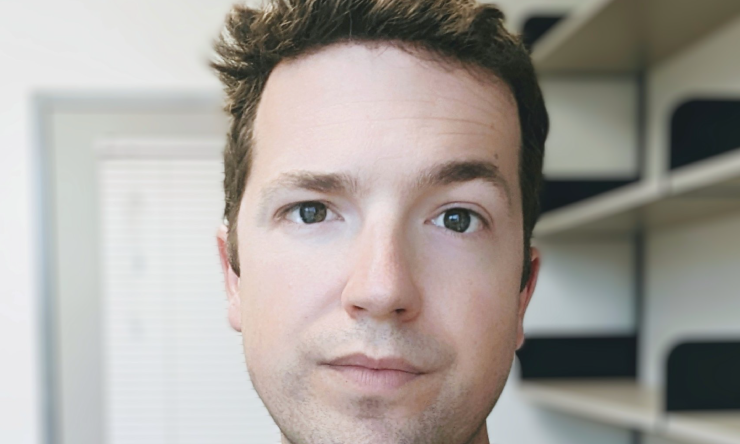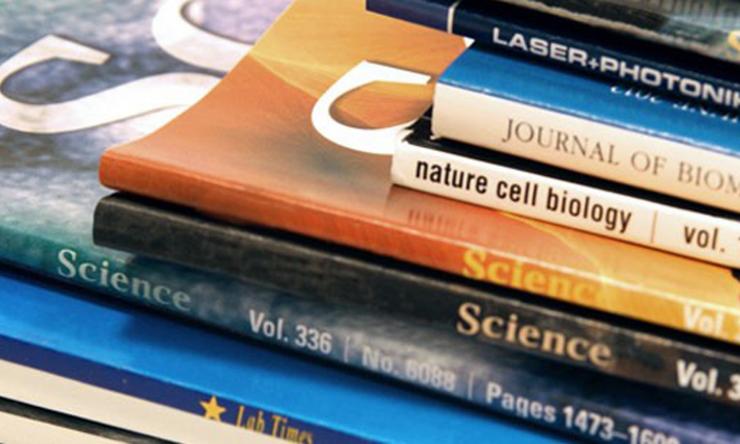
About the Lab
Microbial communities are increasingly appreciated to play important roles in human health and disease. Advances in DNA sequencing now allow us to profile these communities and detect potential threats, theoretically enabling precision therapies that address microbial sources of infectious or chronic disease. Unfortunately, the antibiotics we use today are non-specific and their activities devastate the microbiome. Worse still, these broad-spectrum treatments incentivize the development and dissemination of antimicrobial resistance, limiting the efficacy of these essential drugs while promoting deadly secondary infections by resistant microbes. To achieve precision medicine, we need ‘precision antibiotics’ that can specifically eliminate drivers of disease in the microbiome while limiting the development of antimicrobial resistance.
Chemical Biology and Synthetic Biology
Our laboratory hopes to access these precision antibiotics through our dual expertise in chemical biology and synthetic biology. Nearly all antimicrobial drugs in use today are derived from microbial natural products: biologically-active small molecules that have been evolved by bacteria and fungi over millions of years. Following the discovery of penicillin in the 1930s, decades of natural product discovery efforts have provided thousands of these evolved molecules, each with their own unique chemical structures and biological activities. While many natural products display indiscriminate activities, we have also unearthed a small number of highly selective antibiotics that affect only a single bacterial family, genus, or species. In our lab, we hope to learn how these natural precision antibiotics work, how we can discover more of them, and how we can use directed evolution to change their structures and functions.
- Chemical biology efforts in the lab are focused on the discovery, isolation, and study of microbial natural products. The core technique for this research is liquid chromatography and mass spectrometry (LCMS), which allows us to profile, identify, analyze, and isolate everything from proteins to small molecules. Backed by our elite in-house LCMS instrumentation and associated natural products chemistry equipment, we hope to discover new selective antibiotics and reveal how these molecules work, providing leads for the development of precision antibiotics.
- Synthetic biology is the second core methodology of our laboratory, as we seek to use modern cloning and directed evolution techniques to express, optimize, and alter natural antibiotics and the enzymes that create them. Our core technique for these efforts is phage-assisted continuous evolution (PACE) – a versatile directed evolution platform that enables hundreds of cycles of mutagenesis, selection, and amplification each day without researcher intervention. Using PACE, we will evolve the genes and proteins that create natural products, allowing us to program the creation of new precision antibiotics with altered structures and activities.
Through these efforts, our young team hopes to provide new antimicrobials that can simultaneously address multidrug-resistant pathogens and emergent microbe-driven diseases within the microbiome. We’re just getting started, so stay tuned for updates and cool science!
Primary Investigator
View Dr. Chad Johnston's bio for information about his background and research interests.
Student Hosting
Our lab has opportunities to host students through the graduate programs of Chemical, Physical, and Structural Biology and Immunology and Microbiology.
Publications
View a listing of Johnston Lab research publications that are published in PubMed and other scientific journals.
Johnston Lab
Baylor College of Medicine - Alkek Building
One Baylor Plaza, 5th Floor, Lab: N510; Office: N520.06, Houston, TX 77030
Email: chad.johnston@bcm.edu











